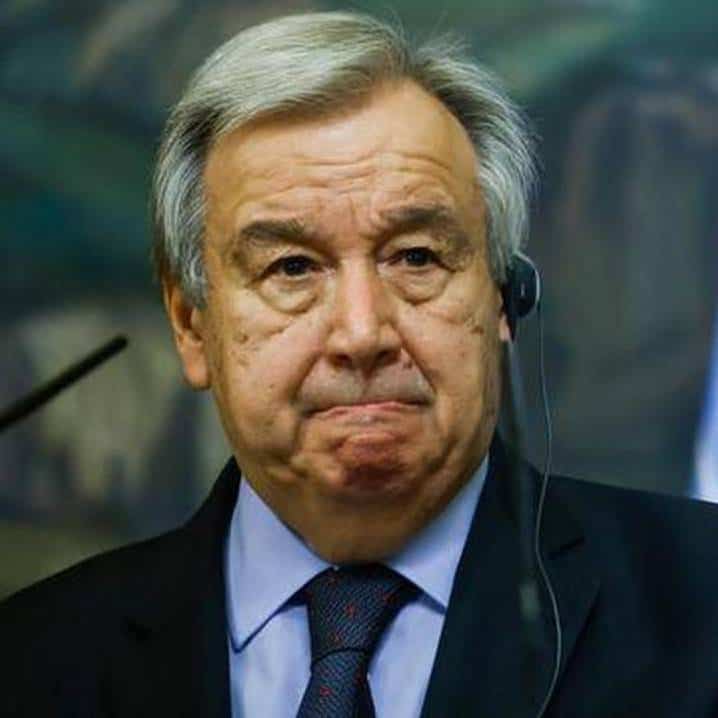NEW YORK, United States — Marking this year’s International Day of People of Determination on Saturday, António Guterres, the UN Secretary-General, called for transformative, innovative solutions, in a world confronted by crises which disproportionally affect people of determination.

In his message, Guterres noted that greater public-private sector collaboration is needed, in order to develop strategies that benefit people of determination, who should also be involved in their development.
The UN chief pointed to the UN’s internal efforts to make the Organization more accessible to people of determination, describing the United Nations Disability Inclusion Strategy as a road map to achieving this aim.
“From headquarters to the field”, he said, “we are working to assess, address and promote digital accessibility and lead by example on disability inclusion”.
Innovation and technology, he continued, can be powerful tools for inclusion, enhancing access to information, education, and lifelong learning, opening new avenues for people of determination to participate in the workforce and society at large on an equal basis.
The United Nations estimates that 15 percent of all people – one in seven – has a disability. Understanding is key to ensuring that these more than one billion people lead fulfilling lives where they are fully integrated into a society that respects their rights and benefits from their contributions.
A newly released UN documentary illustrates this vision of integration, through the eyes of two South Korean artists with disabilities, and reveals a new perspective on the true meaning of inclusion, in today’s diverse world.
“Breaking Barriers One Brushstroke at a Time” takes viewers inside the homes and lives of the artists, who communicate through their paintings and, in the process, teach audiences to listen with their eyes.
Far more than an exercise in social development, the works of these artists with autism carry intrinsic artistic value, and have been exhibited at the Seoul Arts Centre, the largest and most prestigious venue of its kind in the country.
Through interviews with the families and intimate glimpses of the lives and loves of two artists, Hansol Kim and Hyeshin Park, the documentary tells a specific story of struggle that also has universal themes: finding our voice in a world that doesn’t listen, expressing truths that rise above the noise, and coming of age by accepting who we are and what we have to contribute to society.
With a temperate pace and imaginative sensibility, “Breaking Barriers” shows that inspiration is everywhere, disability is a matter of perspective, and that all of us share a common humanity that can be captured and comprehended through art.
The theme for this year is “Transformative solutions for inclusive development: the role of innovation in fueling an accessible and equitable world.
The day is about promoting the rights and well-being of persons with disabilities at every level of society and development, and to raise awareness of the situation of persons with disabilities in all aspects of political, social, economic, and cultural life. WHO joins this endeavor to reinforce the importance of securing the rights of people with disabilities, so they can participate fully, equally and effectively in society with others, and face no barriers in all aspects of their lives.
According to the Global Report on Assistive Technology, 2.5 billion people need at least one assistive product. The demand is expected to be go up to 3.5 billion by 2050. The requirement may range from a spectacle to highly advanced myoelectric hand or robotic exoskeletons. However, nearly nine out of 10 people who need assistive technology do not have access to it – this has an adverse impact on the education, livelihood, health and well-being of individuals, families, communities and societies.








